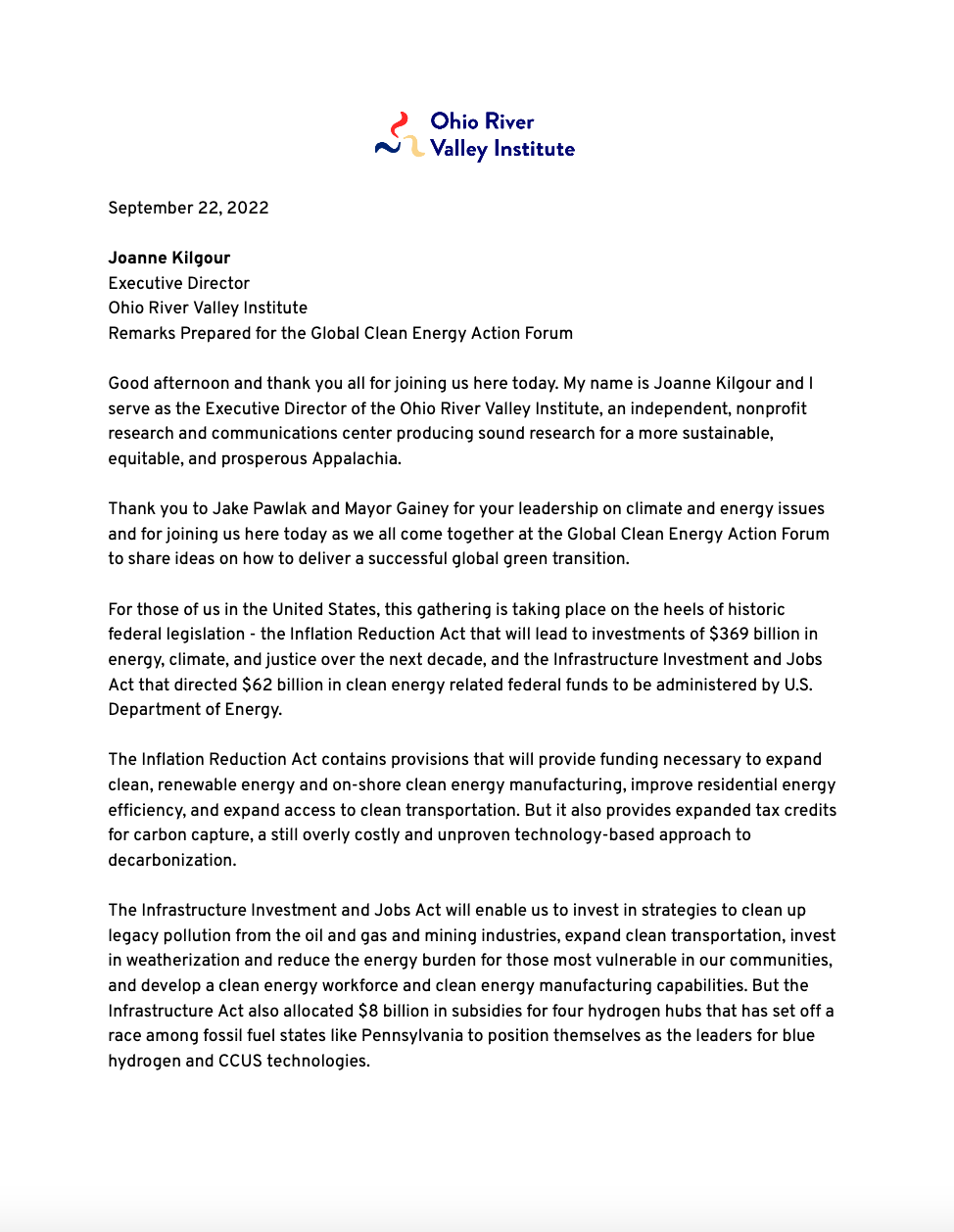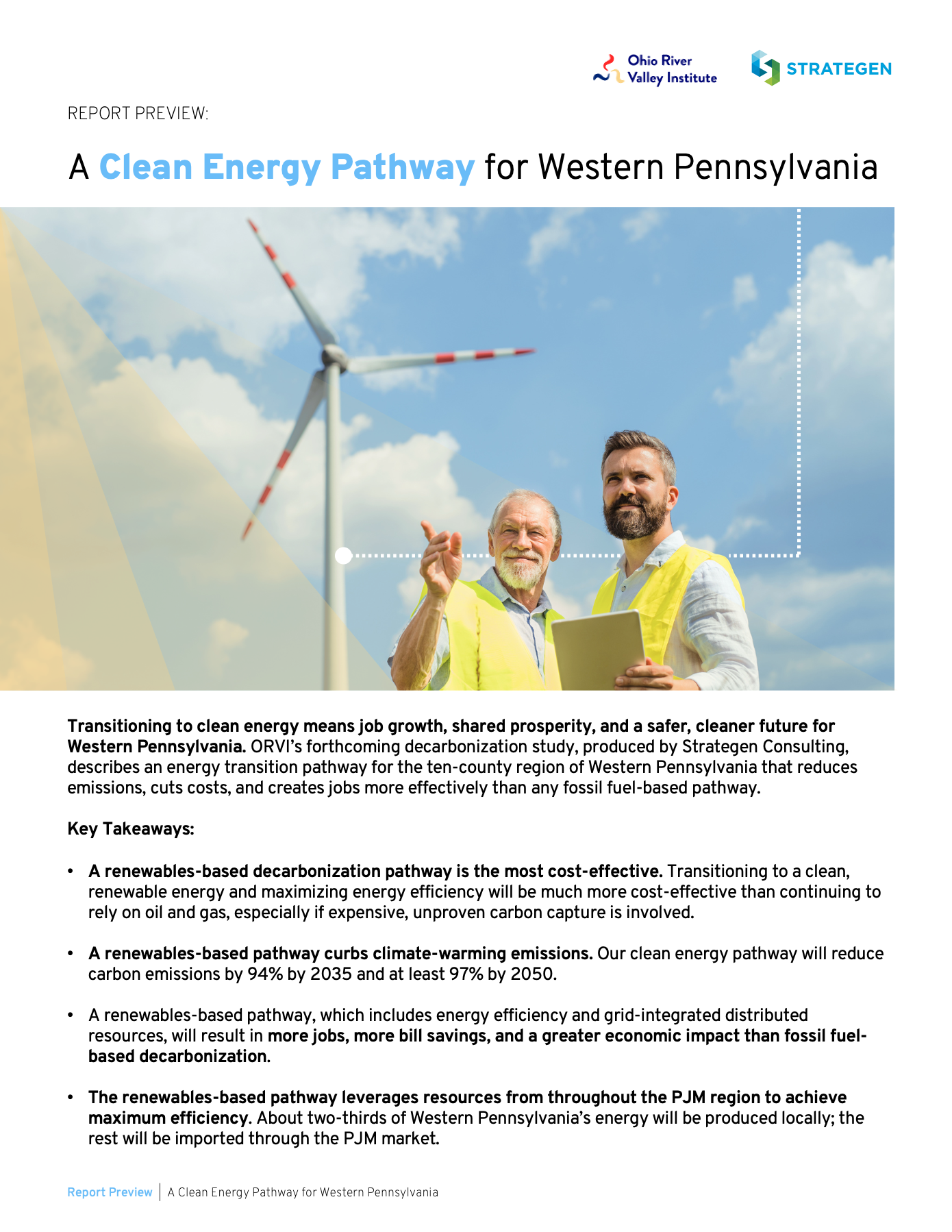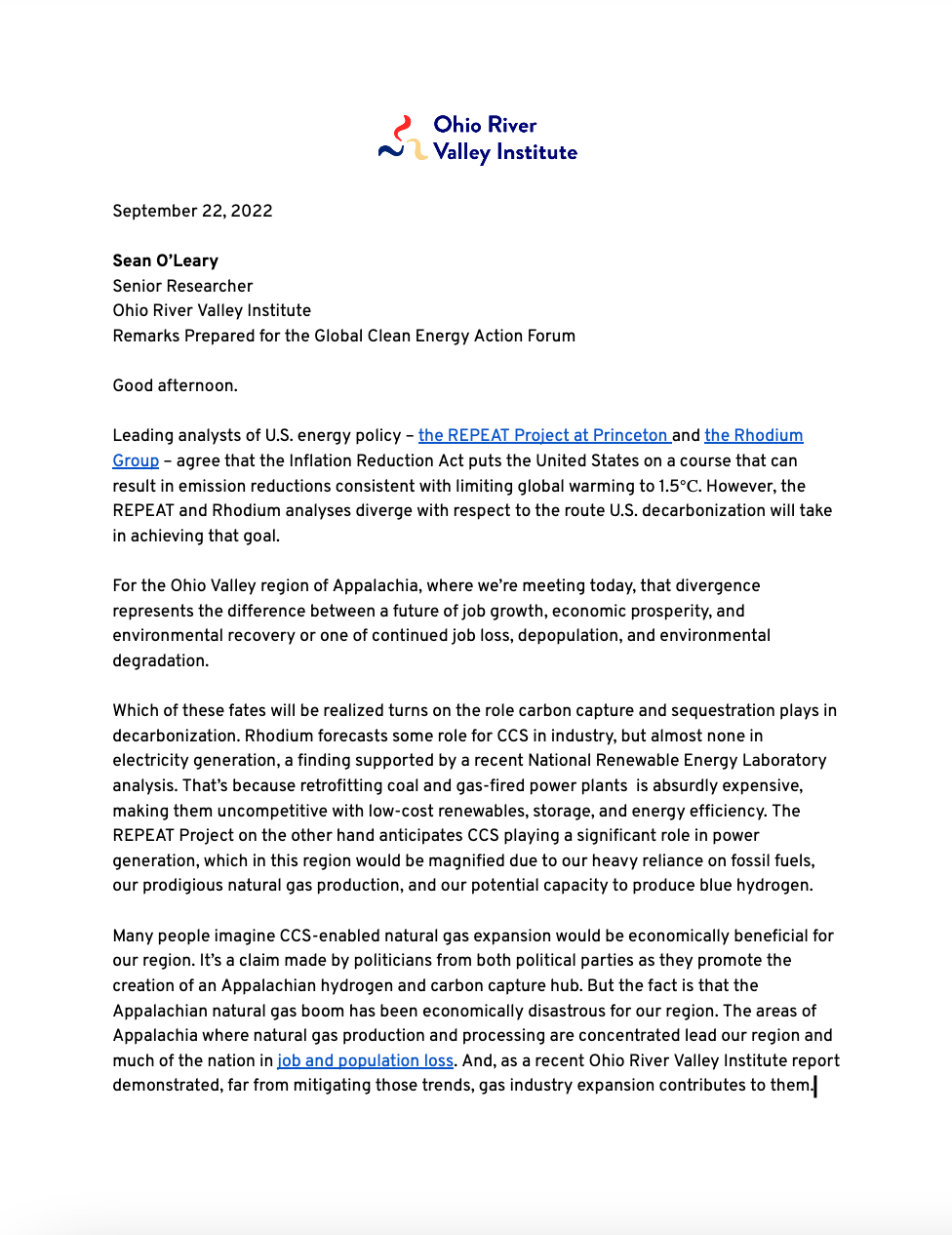Thank you for attending “Zero Carbon Resources and Appalachia’s Sustainable Finance Hub.”
We’re excited to discuss how zero-carbon resources can be deployed in ways that minimize cost, maximize emission and pollution reduction, and deliver jobs and opportunity in challenged communities. To learn more about the labor, leadership, and financing needed to “deploy, deploy, deploy” for economic development in traditionally carbon intensive communities, view a list of additional resources from our partners below.
All Resources
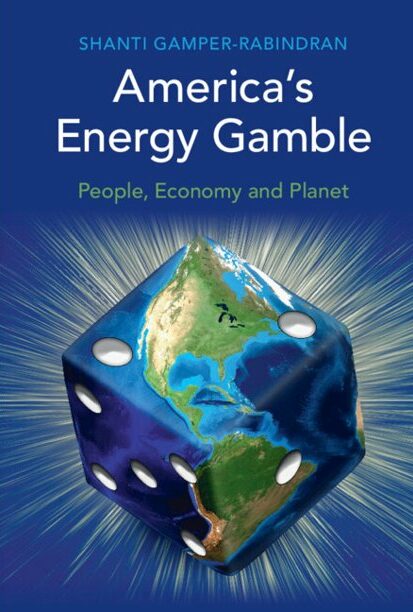
America's Energy Gamble
Sean O'Leary GCEAF Remarks
Download
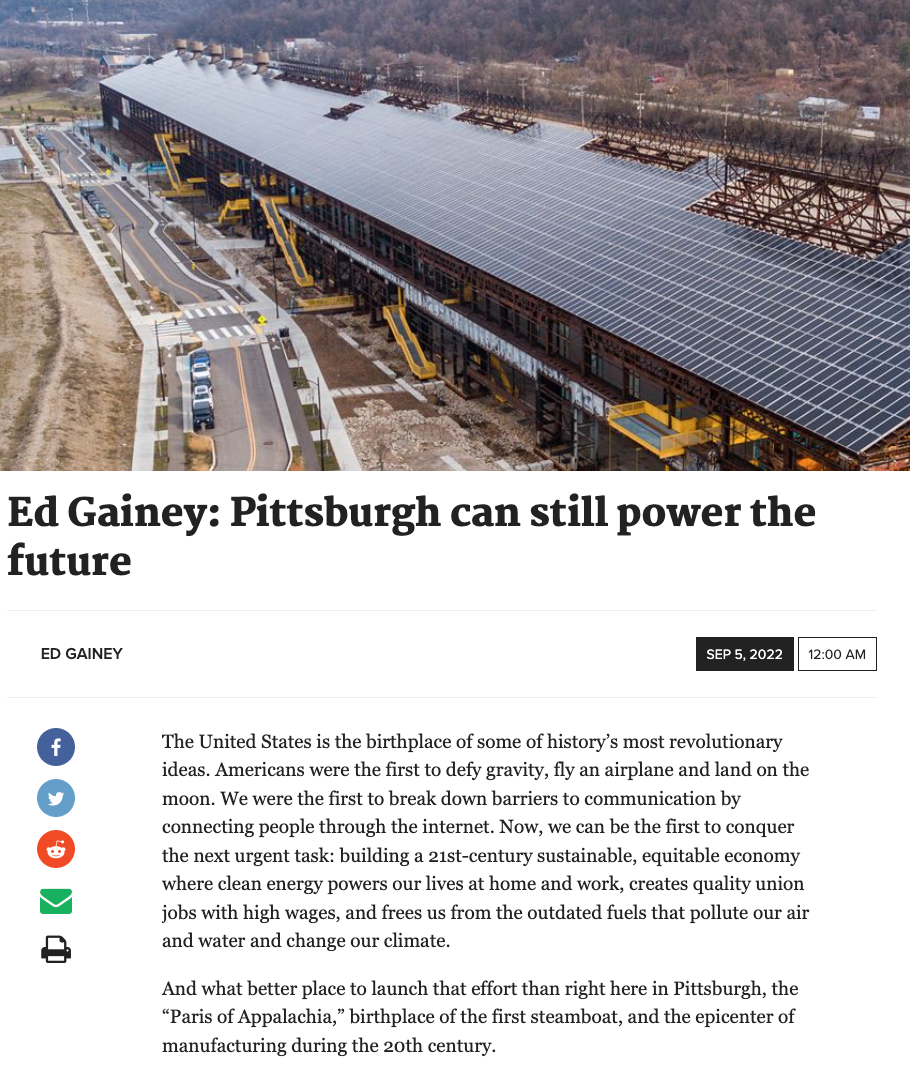
Ed Gainey: Pittsburgh Can Still Power the Future
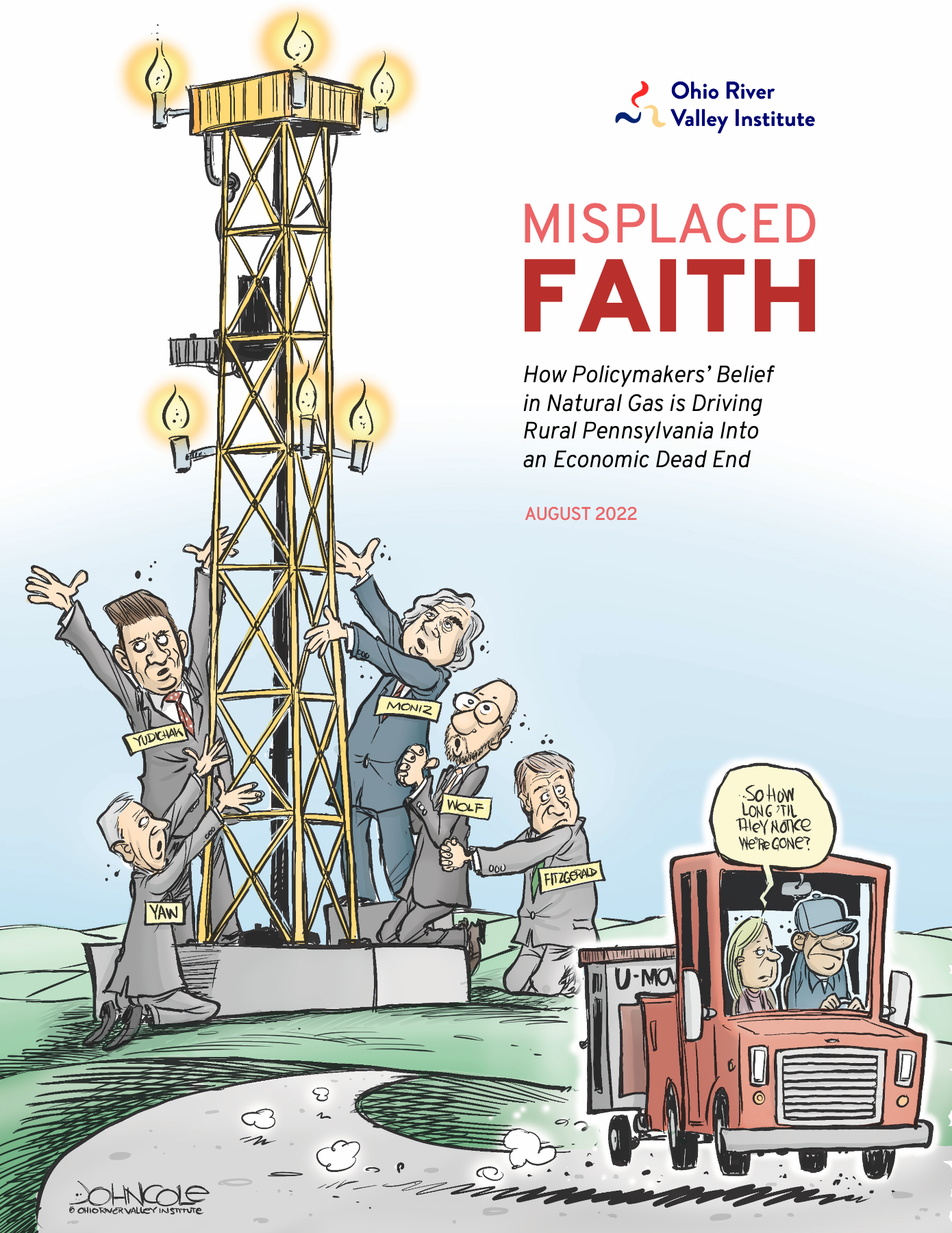
Misplaced Faith
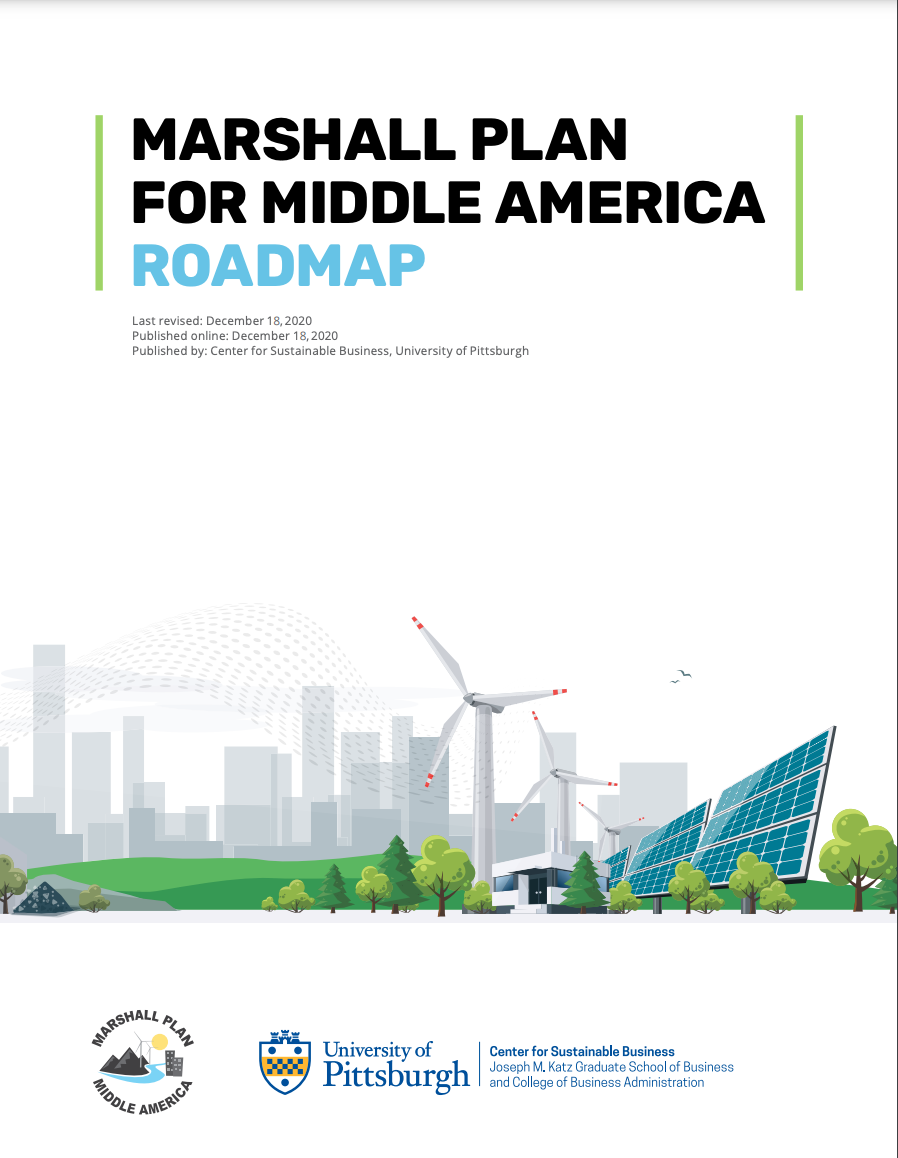
Marshall Plan for Middle America Roadmap
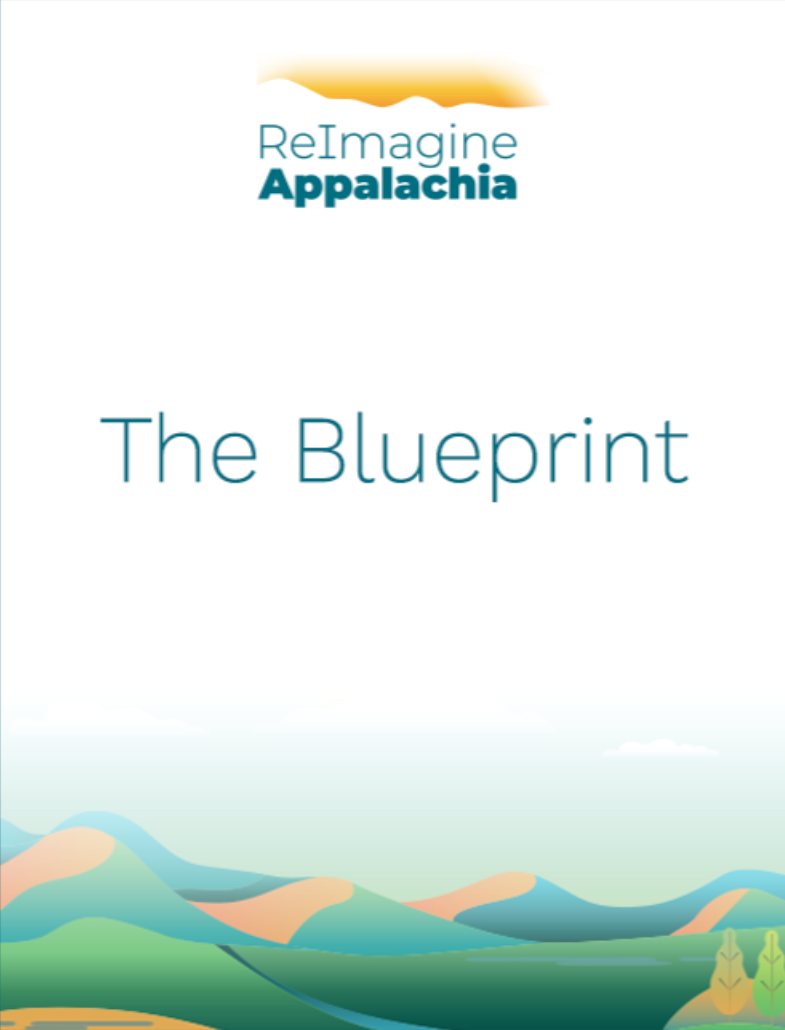
ReImagine Appalachia Blueprint
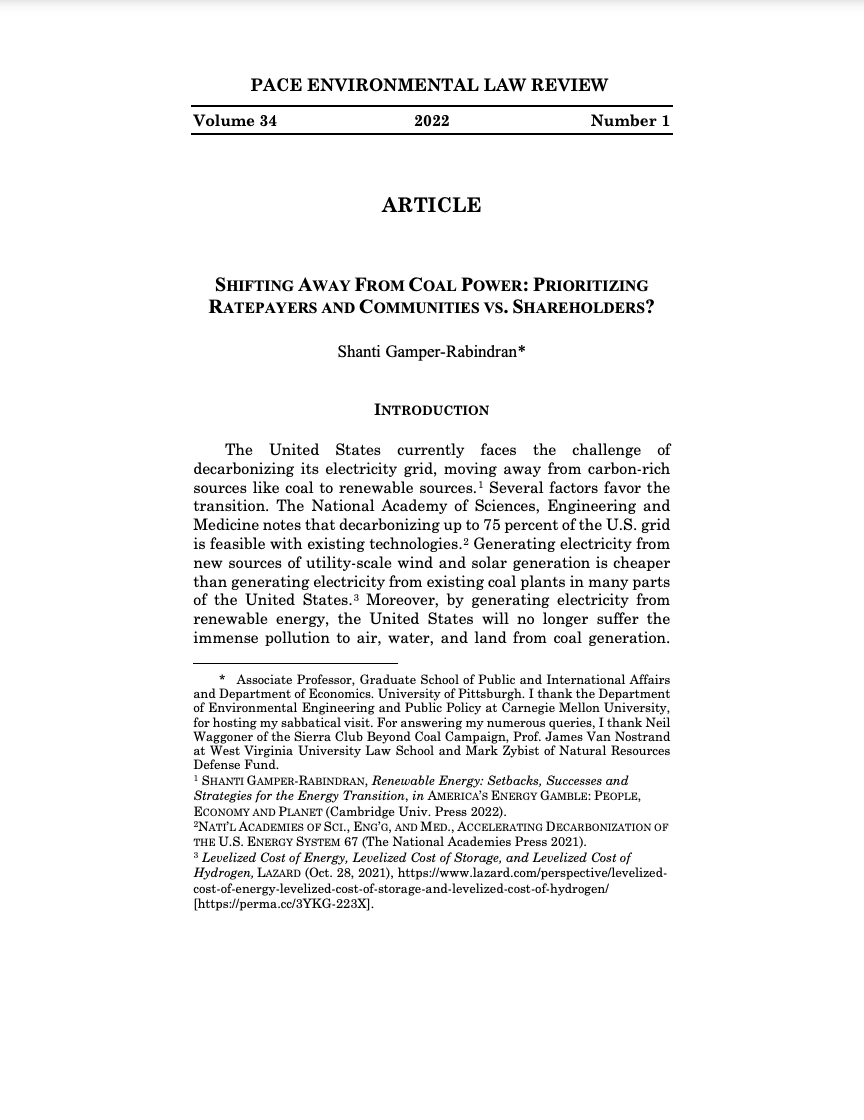
Shifting Away from Coal Power
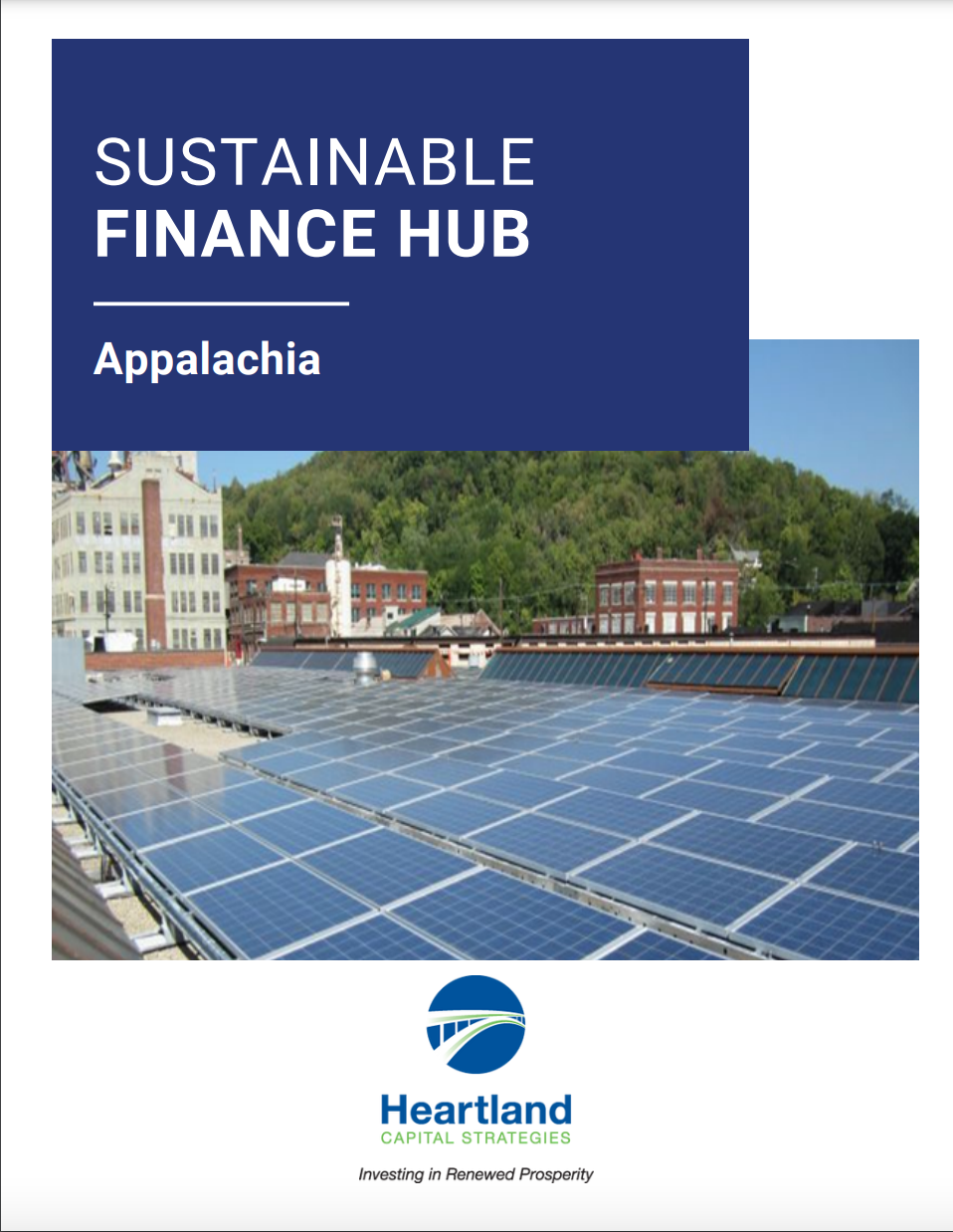
Sustainable Finance Hub Overview
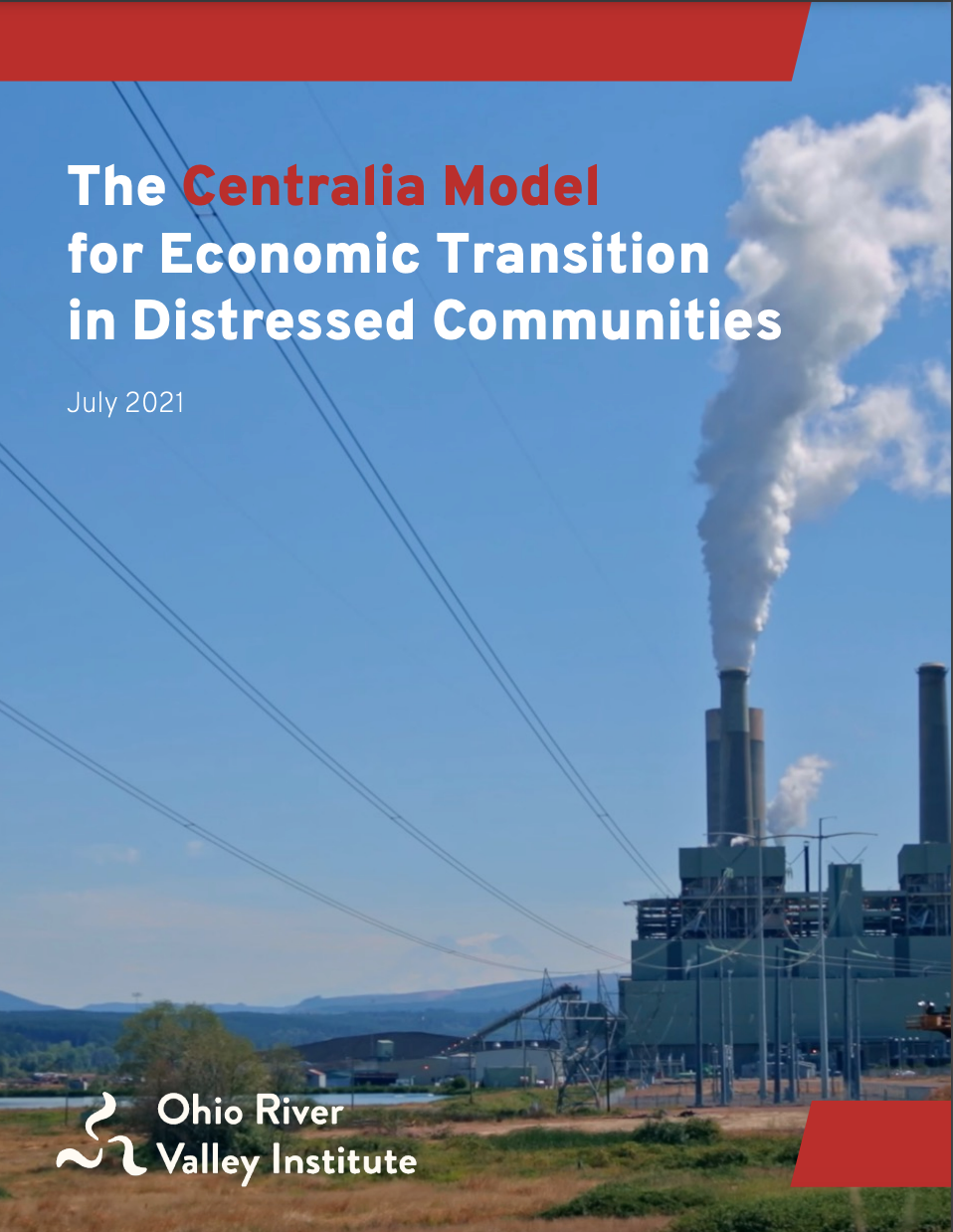
The Centralia Model for Economic Transition in Distressed Communities
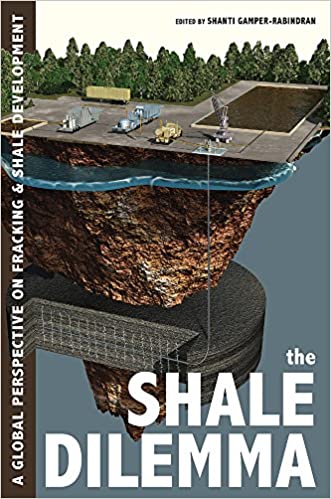
The Shale Dilemma
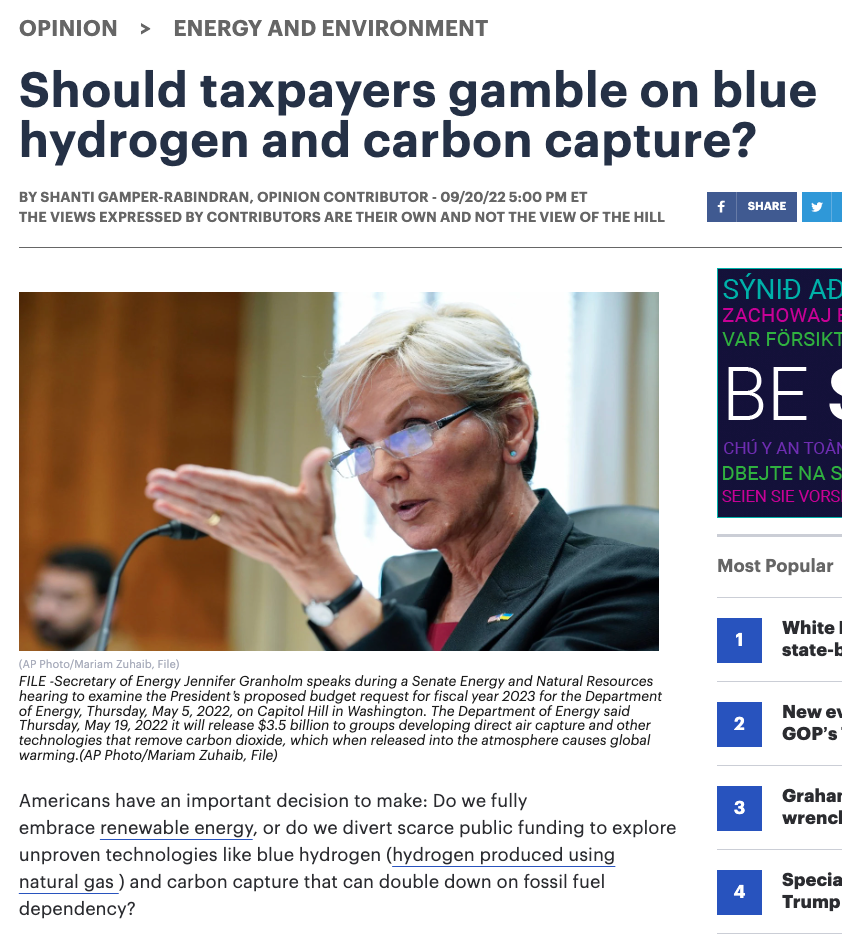
Should Taxpayers Gamble on Blue Hydrogen and Carbon Capture?
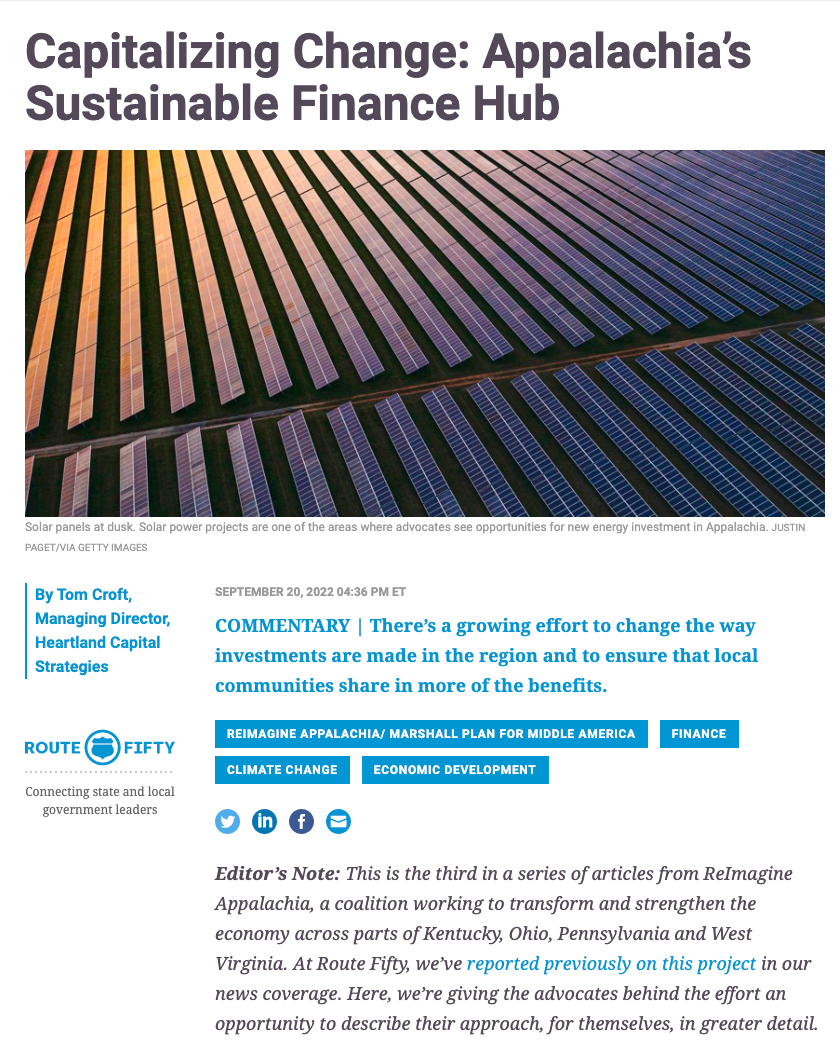
Capitalizing Change: Appalachia's Sustainable Finance Hub
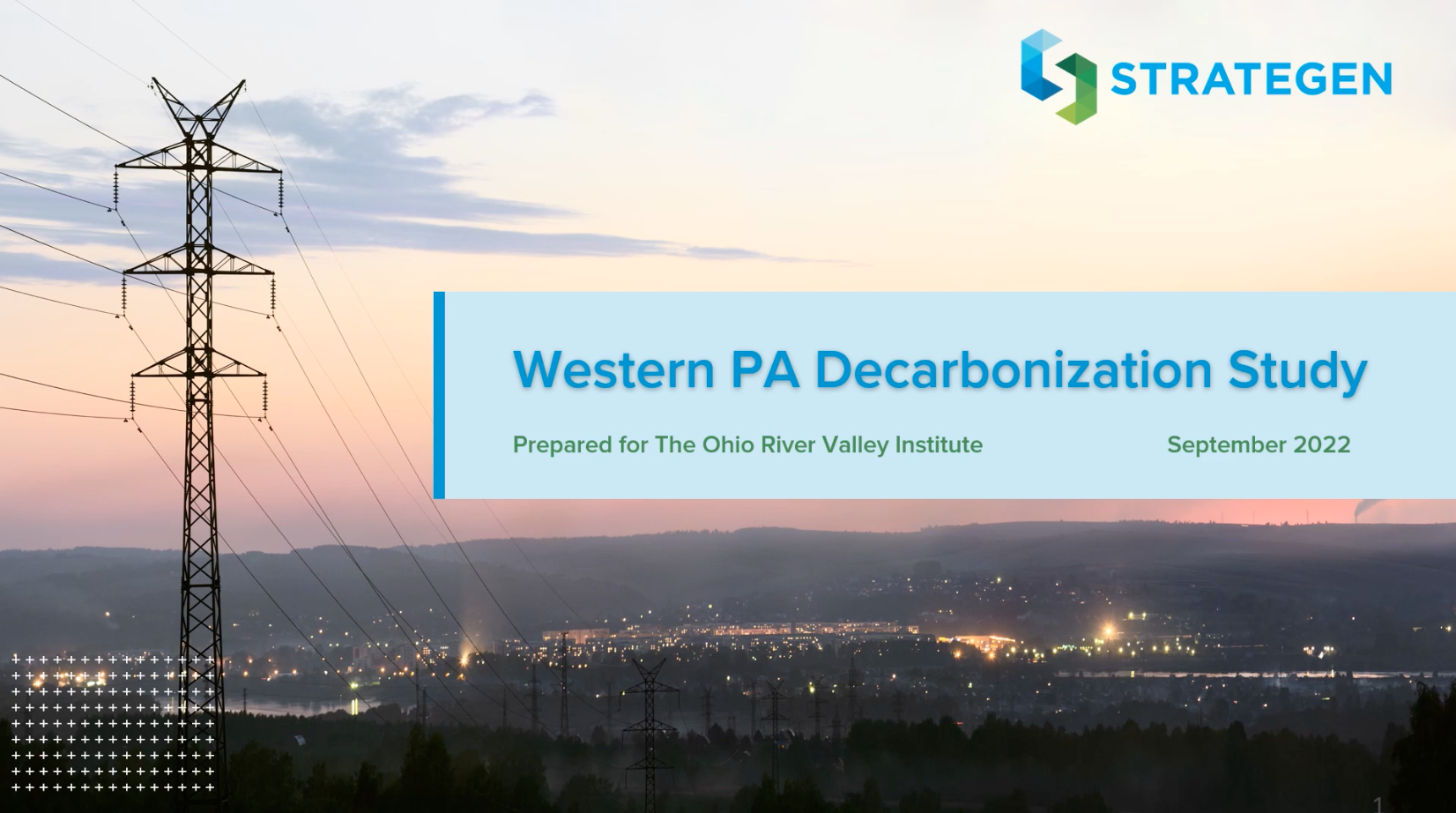
Western PA Decarbonization Study
